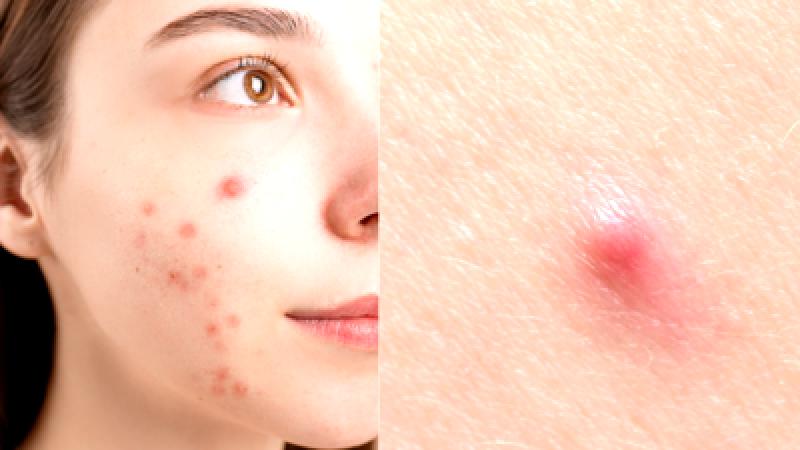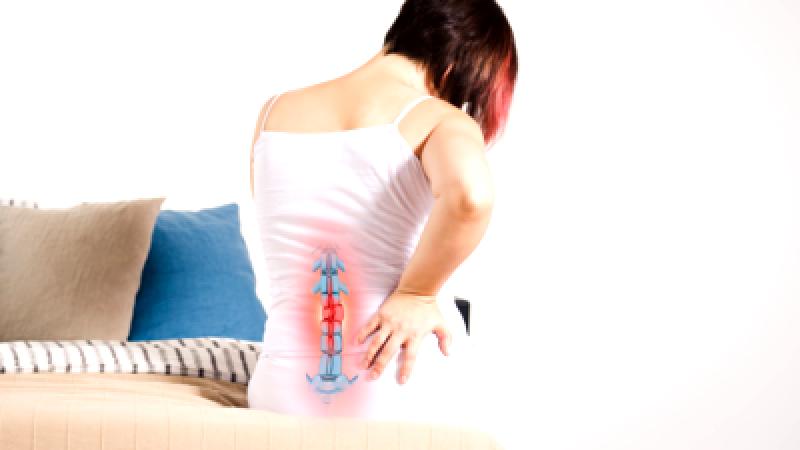
Pimples and acne are often used interchangeably, but they have distinct differences. Acne is a chronic skin condition characterized by the persistent appearance of red, inflamed bumps on the skin, ranging from mild whiteheads to severe cysts that can leave scars. Pimples are a symptom of acne and can appear on various body areas. According to Cosmetologist Ritu Khariyan, acne occurs when the skin's pores become clogged with excess sebum, dead skin cells, and pollutants, leading to inflammation and pimple formation. This process can be triggered by hormonal fluctuations, excess sebum production, clogged pores, bacterial growth, and inflammation. Pimples come in different forms such as whiteheads, blackheads, cysts, and nodules.- Symptoms of Pimples: - Papules: Small, pink bumps that may be sensitive to touch - Pustules: Swollen bumps containing pus that can be painful and irritated - Comedones: Small, flesh-colored bumps that may be open (blackheads) or closed (whiteheads)Causes of Pimples: Hormonal Imbalances, Excessive Sebum Production, and Delicate SkinHormonal changes, increased sebum secretion, and delicate skin can contribute to the development of pimples. Consider the following factors:- Hormonal imbalances: Variations in estrogen and testosterone levels can trigger acne during puberty, menstruation, pregnancy, or menopause- Excessive sebum production: Genetic factors, stress, or specific medications can result in excessive sebum production, which obstructs pores and triggers inflammation- Delicate skin types: Skin that is either oily or dry may increase the likelihood of pimple formation due to congestion of pores or skin irritationTips for Managing Acne and Pimples: An Effective Skincare Regimen for Healthy SkinMaintaining a consistent skincare routine is crucial for preventing acne and pimples. Here are some suggestions to achieve radiant, healthy skin:- Utilize a mild, oil-free facial cleanser containing ingredients like salicylic acid, glycolic acid, or benzoyl peroxide- Regularly exfoliate to eliminate dead skin cells and clear out pores- Opt for non-comedogenic products to prevent pore blockage- Refrain from picking or popping pimples to avoid scarring and infection- Avoid touching your face to prevent transferring bacteria and oils- Stay hydrated and consume a balanced diet to promote skin healthBy understanding the origins and characteristics of pimples, as well as adhering to a consistent skincare regimen, you can diminish acne and achieve vibrant, healthy skin. 7-Day Diet Plan rich in collagen for clear and glowing skin.











